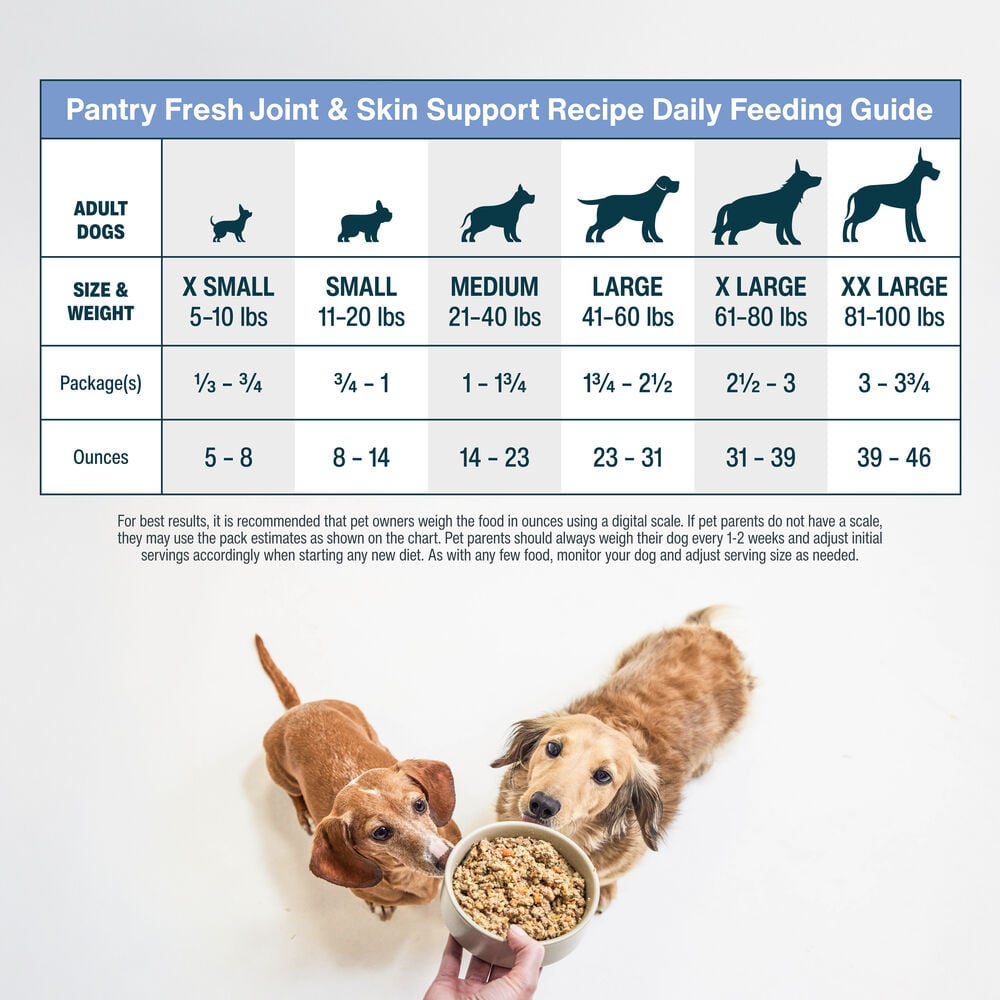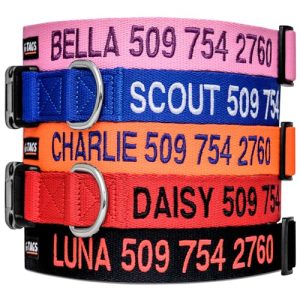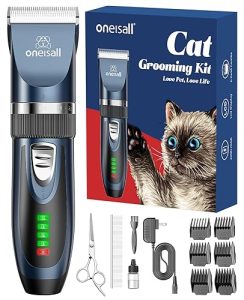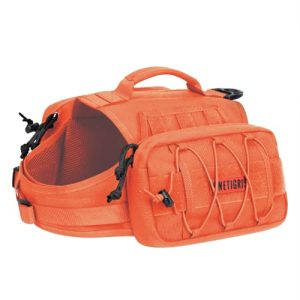Are you wondering when it’s the right time to switch your furry friend to adult dog food? Making this change at the perfect moment is important for your dog’s health and happiness.
Feed them too early, and they might miss out on essential nutrients; wait too long, and they could gain unwanted weight or miss vital growth support. You’ll discover clear signs and expert tips to know exactly when to make the switch.
Keep reading to ensure your dog gets the nutrition they need at every stage of life.
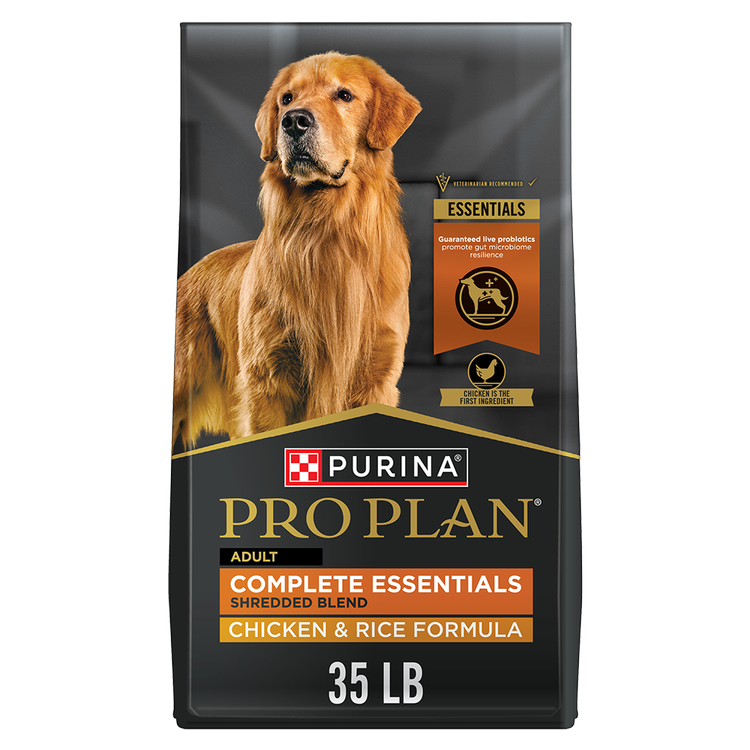
Credit: www.purina.com
Signs Your Puppy Is Ready
Knowing when to switch your puppy to adult dog food is important. This change helps your dog get the right nutrients for its stage of life. Look for clear signs that your puppy is ready for adult food.
These signs come from your puppy’s age, size, and behavior. Understanding them can make feeding easier and healthier.
Age Benchmarks
Puppies usually start eating adult dog food between 9 and 12 months. This depends on their breed and growth rate. Small breeds grow faster and switch earlier. Large breeds take longer to mature.
- Small breeds: 9 to 12 months
- Medium breeds: 12 months
- Large breeds: 12 to 18 months
- Giant breeds: 18 to 24 months
Weight And Size Considerations
Weight and size show if your puppy is ready for adult food. Puppies need to reach about 80% of their adult weight. This means their bones and muscles are strong enough for adult food.
| Breed Size | Adult Weight Range | Ready Weight (80%) |
|---|---|---|
| Small | Up to 22 lbs (10 kg) | 16 to 18 lbs (7 to 8 kg) |
| Medium | 23 to 55 lbs (10.5 to 25 kg) | 18 to 44 lbs (8 to 20 kg) |
| Large | 56 to 100 lbs (25.5 to 45 kg) | 45 to 80 lbs (20 to 36 kg) |
| Giant | Over 100 lbs (45 kg) | 80+ lbs (36+ kg) |
Behavioral Changes
Behavior changes can show your puppy is ready for adult food. Puppies become calmer and less active as they grow. They also start to eat less often but in bigger amounts.
- Your puppy eats regular meals without much fuss.
- Shows less puppy-like energy and more steady activity.
- Begins to ignore some puppy-specific treats and toys.
Nutritional Differences Between Puppy And Adult Food
Puppies and adult dogs need different nutrients to stay healthy. Their food changes to match their growth and energy needs.
Feeding your dog the right food at the right age helps them grow strong and keeps them healthy later on.
Calorie Needs
Puppies need more calories than adult dogs. They burn energy fast because they are growing and active.
Adult dogs need fewer calories to keep a healthy weight. Too many calories can cause weight gain.
Protein Levels
Puppy food has more protein to help build muscles and strong bones. Protein helps puppies grow properly.
Adult dog food has less protein because grown dogs do not need as much for growth. They need protein to maintain muscles.
Vitamin And Mineral Adjustments
Puppy food contains higher levels of vitamins and minerals. These support quick growth and strong immune systems.
Adult dog food has balanced vitamins and minerals to keep dogs healthy without overloading their bodies.
Transitioning Smoothly
Switching your dog to adult food needs care. A smooth change helps avoid stomach issues.
Take time to watch your dog’s health and adjust feeding amounts as needed.
Gradual Food Mixing
Mix puppy food with adult food over days. Start with mostly puppy food and add a little adult food.
- Day 1-2: 75% puppy food, 25% adult food
- Day 3-4: 50% puppy food, 50% adult food
- Day 5-6: 25% puppy food, 75% adult food
- Day 7: 100% adult food
Monitoring Digestive Health
Watch for signs like loose stools or vomiting. These may mean your dog needs more time to adjust.
| Symptom | What to Do |
|---|---|
| Loose stool | Slow down the food change |
| Vomiting | Stop new food and consult vet |
| Normal digestion | Continue gradual mixing |
Adjusting Portion Sizes
Adult dogs eat less than puppies. Adjust food amounts to keep your dog healthy.
- Check the feeding guide on the adult food package
- Feed smaller meals more often if needed
- Watch your dog’s weight and energy level
- Ask your vet for portion advice
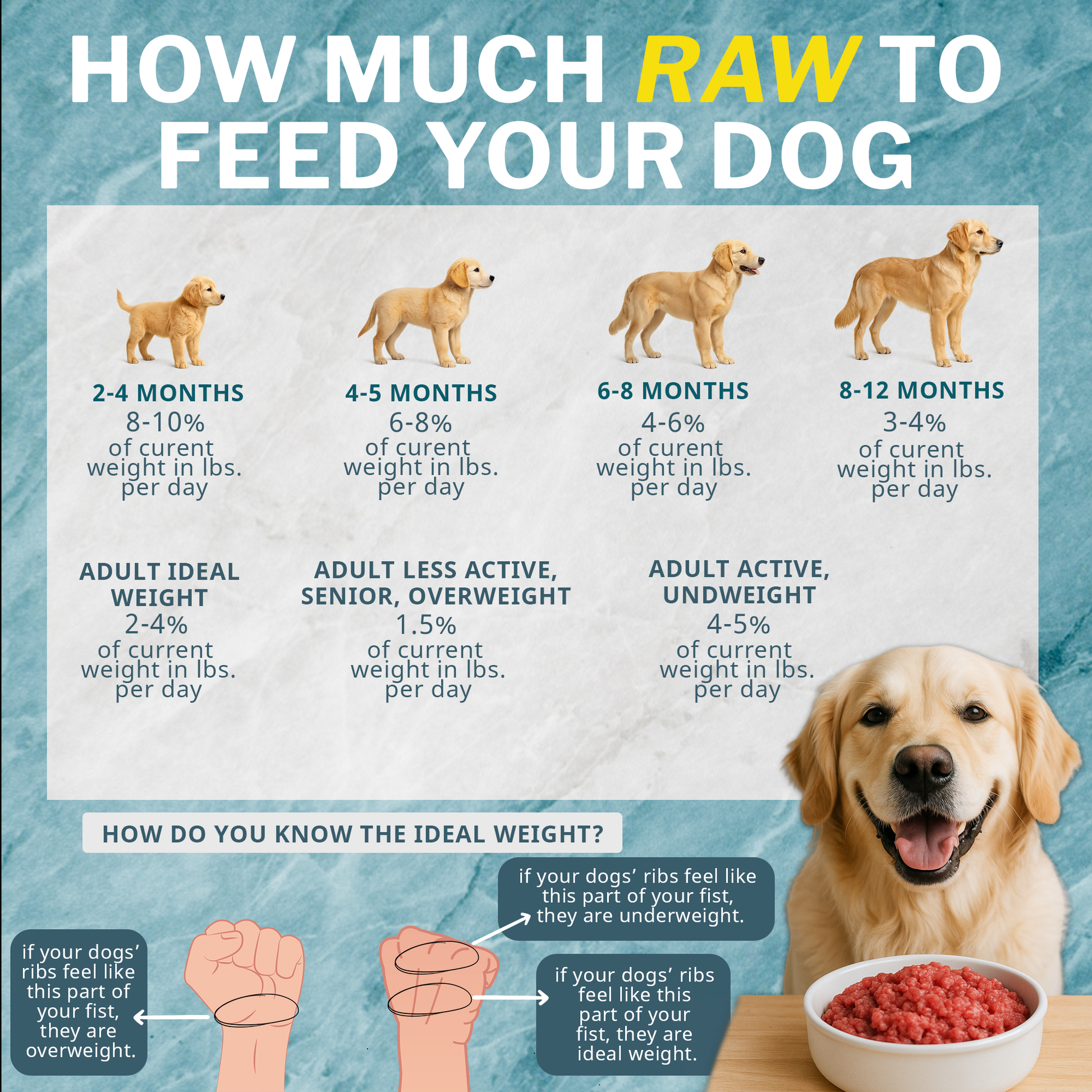
Credit: ifeedraw.com
Breed And Size Factors
Choosing the right time to feed your dog adult food depends on their breed and size. Different breeds grow at different rates.
Understanding these factors helps you give your dog the right nutrition at the right time.
Small Vs. Large Breeds
Small breed dogs usually mature faster than large breeds. They may be ready for adult food as early as 9 to 12 months old. Large breeds take longer to grow and often need puppy food up to 12 to 18 months.
- Small breeds: mature quickly
- Large breeds: grow slower
- Feeding adult food too early may cause problems
- Wait until your dog shows signs of maturity
Giant Breed Considerations
Giant breeds need special care because they grow very fast. Their bones and joints need extra support during growth. Feeding adult food too soon can harm their development.
| Breed Size | Typical Age to Switch | Reason |
| Small | 9-12 months | Faster maturity |
| Large | 12-18 months | Slower growth |
| Giant | 18-24 months | Bone and joint support |
Growth Rate Impact
Growth rate affects when to change food. Puppies with fast growth need more calories and nutrients. Slow-growing dogs need fewer calories to avoid weight gain.
Here are signs your dog is ready for adult food:
- Steady weight gain slows down
- Physical growth appears complete
- Energy levels become stable
- Veterinarian approval
Common Mistakes To Avoid
Feeding your dog adult food at the right time is important for their health. Many pet owners make mistakes that can hurt their puppy’s growth or digestion.
Learn what to avoid when switching your dog to adult dog food. This will help your pet stay healthy and happy.
Switching Too Early
Switching your puppy to adult food too soon can cause health problems. Puppies need extra nutrients to grow strong bones and muscles. Adult food may not provide enough of these nutrients.
- Wait until your puppy reaches the right age for switching.
- Consult your vet about when to change the food.
- Look for signs your puppy is ready for adult food.
Ignoring Puppy Needs
Puppies need special care during their growth. Ignoring their needs can cause poor health and slow growth. They need food that is high in protein and fat compared to adult dogs.
| Puppy Food | Adult Food |
| Higher protein | Lower protein |
| More fat | Less fat |
| Added vitamins for growth | Maintenance nutrients |
Overfeeding During Transition
Giving too much food during the switch can lead to weight gain and stomach upset. Your dog’s system needs time to adjust to new food.
Tips to avoid overfeeding:
- Mix puppy and adult food gradually over 7-10 days.
- Feed smaller amounts more often during transition.
- Watch your dog’s weight and energy levels daily.
- Remove uneaten food after 15-20 minutes.
Veterinarian Recommendations
Switching your dog to adult food is a big step. It is crucial to follow veterinarian advice to keep your dog healthy.
Veterinarians provide guidance on the right age and type of food. This depends on your dog’s breed and size.
Regular Health Checkups
Regular health checkups help monitor your dog’s growth. Vets can spot when your dog is ready for adult food.
These checkups ensure your dog is developing well. They also help prevent health issues early on.
- Schedule checkups at least twice a year
- Discuss any changes in your dog’s behavior
- Keep a record of your dog’s weight and size
Customized Feeding Plans
Each dog has unique needs. A veterinarian can create a feeding plan just for your dog.
Customized plans consider your dog’s age, weight, and activity level. They help ensure your dog gets the right nutrients.
| Age | Feeding Frequency | Food Type |
| Puppy | 3-4 times a day | Puppy Formula |
| Adult | 1-2 times a day | Adult Formula |
When To Seek Professional Advice
If your dog shows unusual symptoms, consult a vet. Changes in appetite or energy can signal health issues.
Vets can advise on dietary changes if problems arise. They can also recommend specific brands or formulas.
- Seek advice if your dog gains or loses weight rapidly
- Consult a vet if your dog has digestive problems
- Ask about food allergies or intolerances
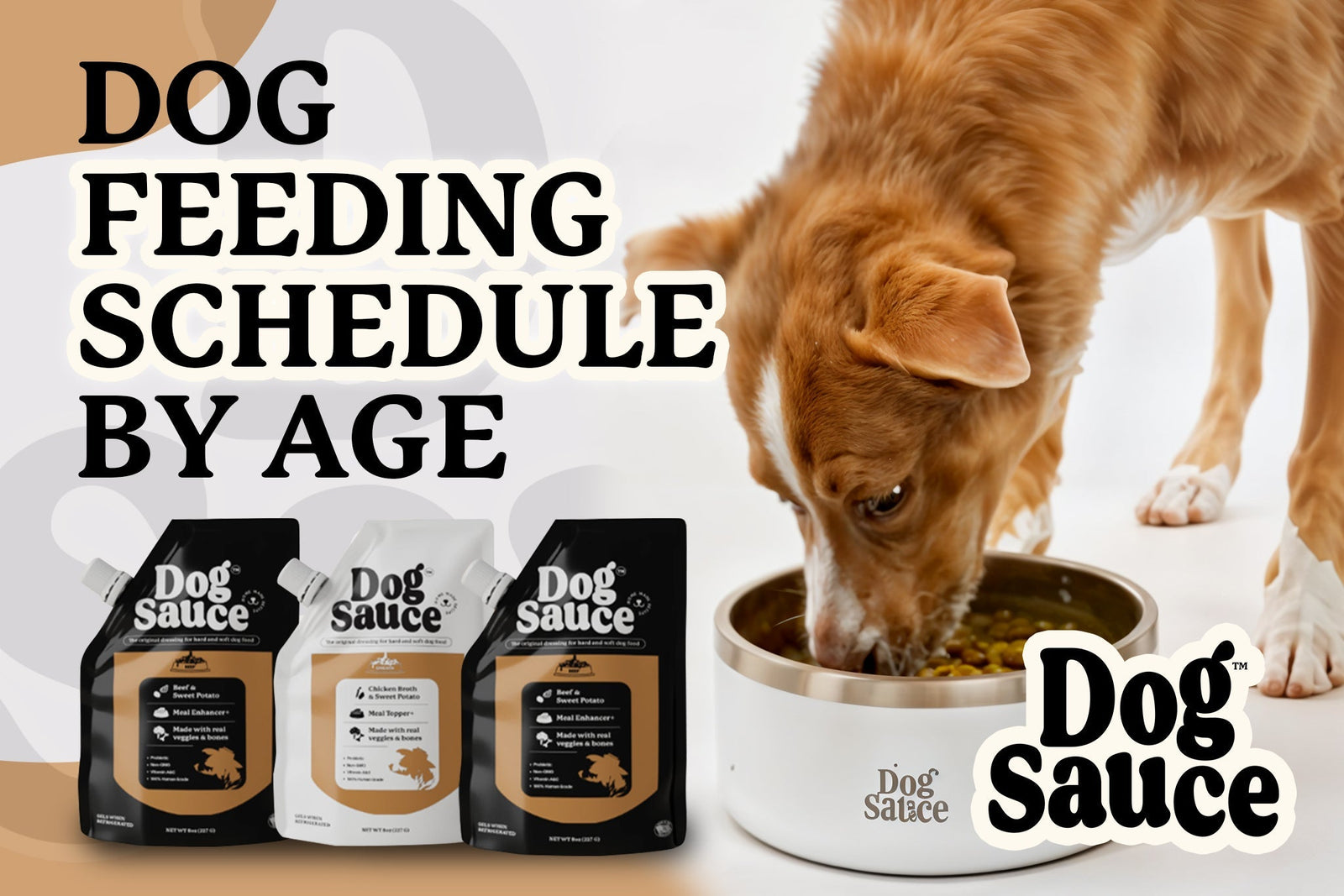
Credit: dogsauce.co
Frequently Asked Questions
When Is The Right Age To Feed Adult Dog Food?
Most dogs transition to adult food between 12 to 18 months. Large breeds may switch closer to 18 months. Consult your vet for breed-specific recommendations.
How To Know If My Dog Needs Adult Dog Food?
Signs include slowed growth, weight maintenance, and reduced energy needs. Puppies eating adult food too early may miss vital nutrients. Always monitor your dog’s health and behavior.
Can Feeding Adult Food Too Early Harm My Puppy?
Yes, early feeding can cause nutrient deficiencies and growth issues. Puppies need puppy-specific nutrients for healthy development. Wait until your vet confirms the right time.
What Are The Benefits Of Switching To Adult Dog Food?
Adult dog food supports maintenance, weight control, and balanced nutrition. It contains fewer calories than puppy food. This helps prevent obesity and related health problems.
Conclusion
Feeding your dog adult food at the right time helps their health. Most dogs switch around one year old, but size matters. Large breeds may need more time with puppy food. Watch your dog’s growth and energy for signs. Talk to your vet for the best feeding plan.
Changing food slowly avoids stomach problems. Healthy meals keep your dog strong and happy. Remember, each dog is different. Careful feeding supports their long life and well-being.

Emily Barker is the founder of ChillDogLife.com, a space dedicated to helping pup parents discover the best dog products, lifestyle tips, and cozy ideas for happier homes.
A lifelong dog lover, Emily combines her passion for pets with a knack for research to share trusted recommendations on everything from toys and furniture to health and everyday care.
Her goal is simple: to make life easier, stylish, and more joyful for dogs and the people who love them.
